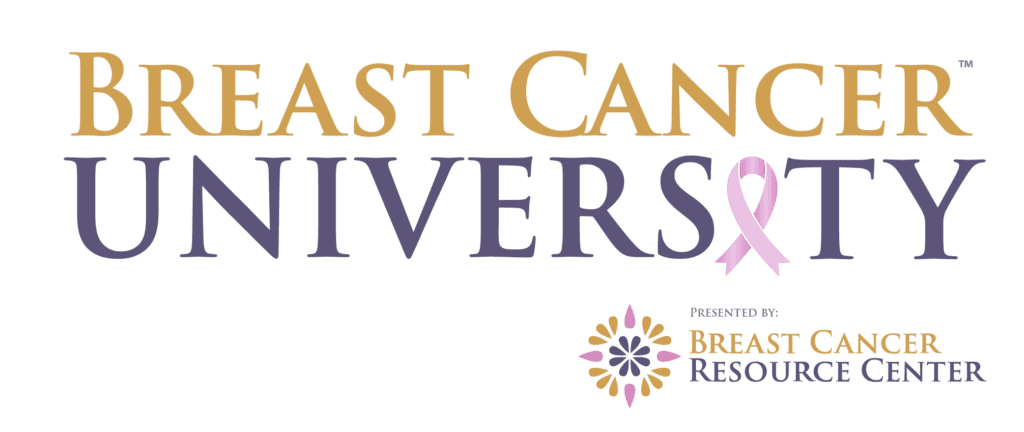 Janet Lee Cook, Licensed Acupuncture and Chinese Herbalist
Janet Lee Cook, Licensed Acupuncture and Chinese Herbalist
It was a pleasure to be part of the BCRC’s recent “Ask the Experts” panel. There was some important sharing as well as some great questions. To briefly review, and with some follow-up, here are three areas where Traditional Chinese Medicine (TCM) offers help for those dealing with breast cancer, treatment side effects and other survivor issues.
Acupuncture
According to MD Anderson Center’s research, acupuncture:
- Boosts the immune system
- Helps alleviate pain due to cancer and treatment
- Stops uncontrolled nausea or vomiting induced by chemotherapy
- Helps alleviate other side effects from treatment or other medications
- Alleviates some failed symptom control by conventional treatment
MD Anderson Center’s preliminary research also indicates that acupuncture can help patients with:
- Anxiety, Depression, Insomnia and other sleep problems
- Chemo-related peripheral neuropathy
- Chemo-related cognitive dysfunction
- Constipation, for example, after surgery or due to medications
- Delayed wound healing
- Dry mouth (xerostomia)
- Fatigue
- Hot flashes
- Loss of appetite
- Shortness of breath
- Stress management
- Unremitting hiccups
As my MD Anderson Center training for acupuncture stressed, there are special considerations for patients with cancer. Examples include issues of infection and bleeding as well as types of cancer.
Acupuncture primarily functions to bring balance and harmony. It is an energetic system that relies upon meridians, or pathways. When it relieves hot flashes or night sweats, for example, it does so by mechanisms quite different from hormone replacement therapies which introduce forms of estrogen. In the many years that breast cancer and treatment have been addressed by TCM, acupuncture has been commonly used and with no findings that it stimulates unhealthy estrogenic responses.
Psychological stress understandably and often is a huge factor for those dealing with breast cancer. Stress decreases immunity. Then, some inflammatory substances are released. Aside from impacting the growth of cancer, these affect the brain and influence behavior, for example, giving up.
Research has shown that overcoming a sense of helplessness and regaining a sense of some control is vital for anyone dealing with cancer.
We can’t avoid all stress but we can regularly release tension.
Acupuncture is well established as effective for this.
Meditation
Many studies show that one of the best ways to self-reduce the impact of stress is mastery of steps involved in meditation. Additionally, meditation stimulates the body’s natural defenses. It does not seem to matter which type is regularly practiced, including qigong (of which tai chi is a form), yoga or mindfulness. Some are moving and others are stationary forms. As psychiatrist and cancer survivor David Servan-Schreiber, MD, PhD, said in Anticancer, “What seems essential to the mobilization of the body’s forces is to renew contact every day – with sincerity, benevolence, and calm – with the life force that vibrates constantly within our bodies.”
Qigong – a moving meditation
Qigong is a traditional Chinese modality used for exercise as well as meditation.
In 2013, researchers from the MD Anderson Center reported their findings that qigong reduces depressive symptoms and improves quality of life in women undergoing radiotherapy for breast cancer. http://www.mdanderson.org/newsroom/news-releases/2013/ut-md-anderson-study-finds-qigong-improves-quality-of-life-for-breast-cancer-patients-undergoing-radiation-therapy.html
A randomized, controlled study also published that year found that qigong helped reduce fatigue more than controlled stretching exercises. Forty men with prostate cancer (average age 74) participated twice a week for 12 weeks. They were divided into the qigong or the control groups. Both types of classes were an hour long and included sitting as well as standing exercises. Participants also had DVDs to encourage practice at home. An additional finding was that those in the qigong class had lower distress scores on a standardized questionnaire than the participants in the stretching group.
In summary, integration of TCM’s modalities with conventional treatment of cancer can benefit patients’ health and enhance quality of life.
Molassiotis, A., J. Bardy, J. Finnegan-John, et al., “Acupuncture for Cancer-Related Fatigue in Patients with Breast Cancer: A Pragmatic Randomized Controlled Trial,” Journal of Clinical Oncology, 30, no. 36 (2012): 4470-4476.
Chida, Y., et al., “Do Stress-Related Psychosocial Factors Contribute to Cancer Incidence and Survival?” Nature Clinical Practice Oncology 5, no. 8 (2008). Doi: 10:.1038/ncponc1134.
Levy, S., R. Herberman, M. Lippman, et al., “Correlation of Stress Factors with Sustained Depression of Natural Killer Cell Activity and Predicted Prognosis in Patients with Breast Cancer,” Journal of Clinical Oncology, 5, no. 3 (1987): 348-53.
Eshkevari, L., E. Permaul, and S. Mulroney, “Acupuncture blocks cold stress-induced increases in the hypothalamus–pituitary–adrenal axis in the rat,” Journal of Endocrinology 217 (1) (2013) 95-104, doi: 10.1530/JOE-12-0404
Davidson, R.J., J. Kabat-Zinn, J. Schumacher, et al., “Alterations in Brain and Immune Function Produced by Mindfulness Meditation,” Psychosomatic Medicine 65, no. 4 (2003): 564-70.
R.A., Kinney, A.Y. et al. Levels of fatigue and distress in senior prostate cancer survivors enrolled in a 12-week randomized controlled trial of Qigong, Journal of Cancer Survivorship (2013), Doi: 10.1007/s11764-013-0315-5
Want to learn more?
Click on the links below to view the presentation given during BCRC’s Educate & Empower Series, October 2014.
Slides from Janet Cook MSOM, LAC, MS, CAS, Janet Cook Wellness
Slides from Jamie Lodgson, PT, DPT, OCS, Texas Physical Therapy Specialists as well as Breast Cancer Recovery Program Dynamic Stretching, Breast Cancer Recovery Program General Stretching and Breast Cancer Recovery Program Static Stretching
Slides from Anne Wilfong, RDN, LD, Alexa Sparkman & Associates
